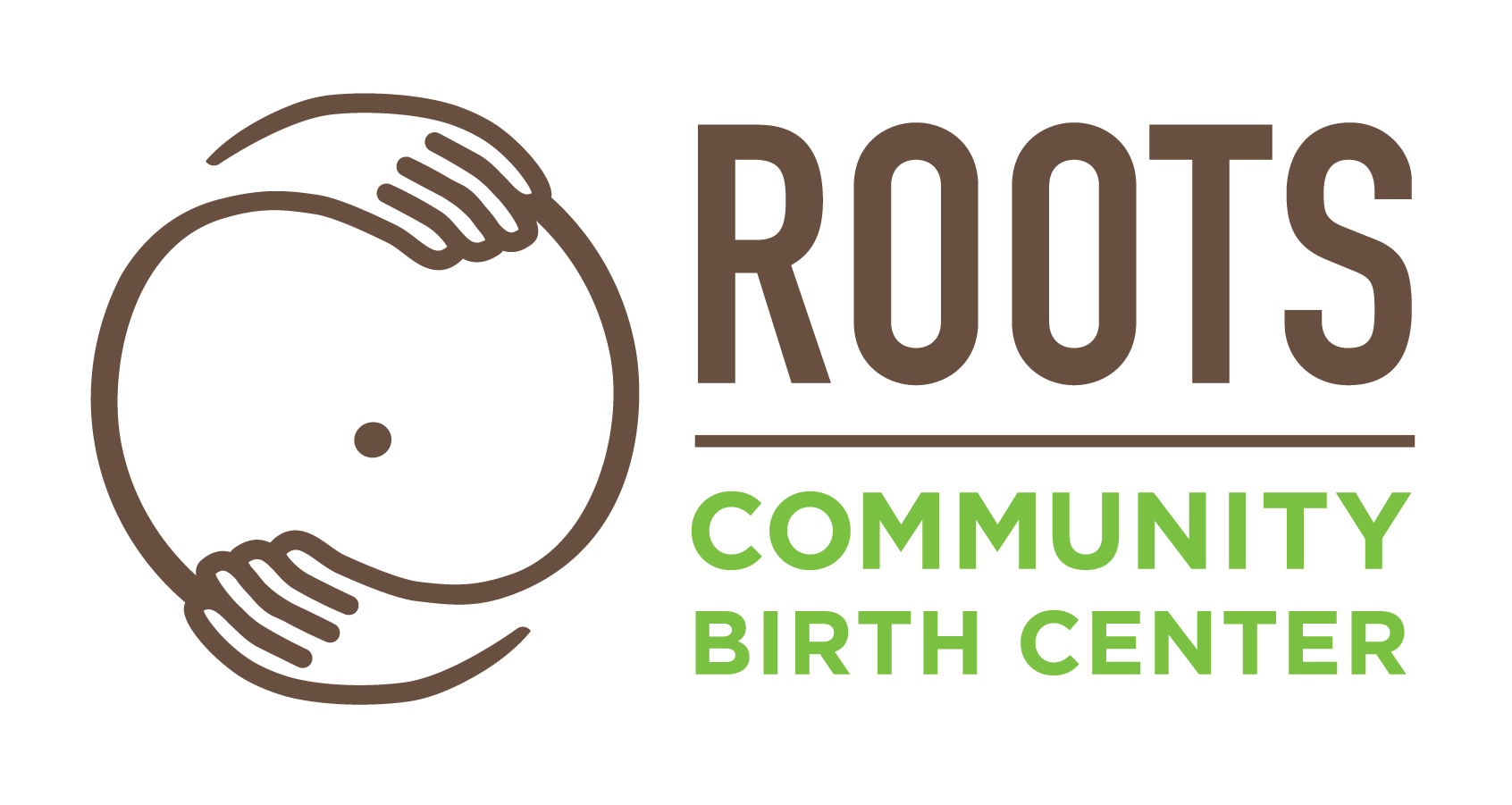ROOTS BIRTH CENTER - IN THE NEWS
The Guardian
The black midwives changing care for women of color – photo essay
African American babies in Minnesota are twice as likely to die in their first years as white babies. A birth center is trying to change that through culturally focused care for women of color.
Vicky Mckinney-Wigley knew Rebecca Polston was the right person to care for her and the fetus growing inside her as soon as she met her. Polston had a warm way of listening, a location in the neighborhood, and the ability to take health insurance. And, importantly for Mckinney-Wigley, Polston is Minnesota’s only black-identifying certified professional midwife.
MPR NEWS
For black mothers and babies, prejudice is a stubborn health risk
Pregnant and unwed at 23, Noya Israel came face to face with a health care system that thought it knew her — and didn’t think much of her.
At her clinic, she felt judged for not being married, and dismissed because she was African-American. Her doctor, she said, would not look her in the eye and did a poor job answering her questions.
"I think I kind of fit a stereotype: young, unwed, black mom — ‘another one,’” she said, recalling her 2007 pregnancy. “The doctor didn't really take me seriously. He never really connected, or even tried to connect."
US NEWS AND WORLD REPORT
In Minneapolis, a Birth Center Battles Racial Inequity
THE FIGURES HAVE BECOME ingrained into the minds of black women across America in recent years: For every 100,000 who give birth, about 41 will die within a year – roughly three times the number of white women who will succumb to the nation's escalating maternal mortality crisis. Thousands of others will suffer severe complications tied to pregnancy or childbirth.
These racial disparities are driven by multiple factors – including a lack of access to quality health care – but researchers say they're also rooted in the structural racism that women of color face throughout their lives. And as the maternal mortality rate and public attention around the issue have risen in recent years, some women are seeking alternatives to hospital deliveries, wary of a health care system that statistics show has struggled to adequately care for them.
Black mothers are three to four times more likely to die of pregnancy complications than white women, and saving them will require addressing structural racism in American society and racial biases in the nation’s health care system, according to a panel of congresswomen and public health experts who spoke Thursday at the University of Minnesota.
Nationally, nearly 700 women die each year of pregnancy complications, according to the U.S. Centers for Disease Control and Prevention. But the need to improve medical care for black mothers has gained heightened attention amid increased activism among reproductive justice advocates, media coverage and revelations by singer Beyoncé and professional tennis player Serena Williams of their own life-threatening experiences during pregnancy and after delivery. READ MORE >>
STAR TRIBUNE
Panelists at University of Minnesota call racial disparities in maternal deaths 'staggering'
African-American women are more likely than white women to die in childbirth or from pregnancy-related complications. Their babies are more likely to be born early than are white babies, and are more likely to die before their first birthday. A growing body of research explores how racism is linked to these disparities. MPR’s Catharine Richert recently reported on this issue – and what one birth center in Minneapolis is doing about it. Richert joined Angela Davis, along with two guests, for a conversation about how to reduce maternal and infant health disparities. Guests: Rachel Hardeman, Assistant Professor, Division of Health Policy and Management, University of Minnesota School of Public Health, Rebecca Polston, Owner and director of Roots Community Birth Center in Minneapolis READ/LISTEN>>
